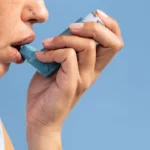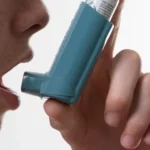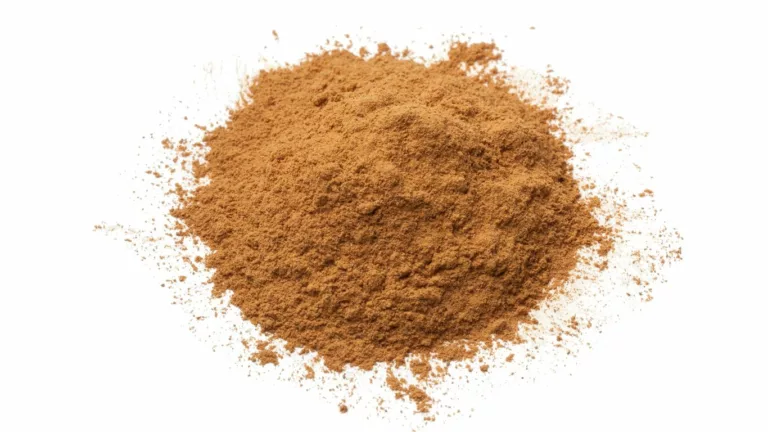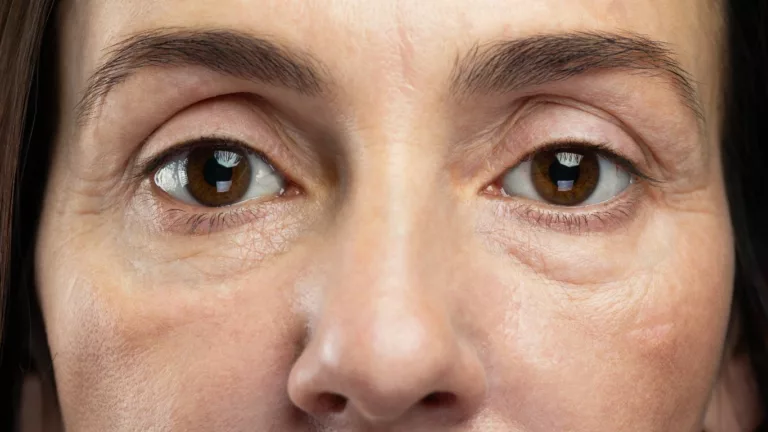How to Prevent Asthma in Toddlers – A Helpful Guide
Is your little one showing signs of asthma or wheezing? It’s definitely concerning, but the good news is that there are steps you can take to help prevent asthma in toddlers.
Asthma in toddlers can be a real challenge for parents, but there are some smart, proactive ways to help reduce the risk or control symptoms. Let’s dive into some tips that might make life a little easier for both you and your toddler. 
Why Preventing Asthma in Toddlers Is So Important
As a parent, seeing your child struggle to breathe can be terrifying. Asthma is a chronic condition that causes the airways to narrow, leading to difficulty in breathing. For toddlers, asthma can interfere with playtime, sleep, and overall well-being. The sooner you take steps to prevent or manage asthma, the better their quality of life will be. And let’s be honest, as parents, that’s our top priority.
Creating a Healthy Home Environment
The first and most important step in preventing asthma is making sure your home is a safe environment for your toddler. This includes controlling allergens and irritants that can trigger asthma symptoms.
1. Keep the Air Clean
A clean air environment is key. Consider investing in an air purifier, especially in your toddler’s bedroom, to filter out dust, pollen, and other allergens. Make sure your home is well-ventilated and consider using hypoallergenic bedding and furniture covers. It might be a bit of a hassle, but it can help keep those allergens at bay. 
2. Dust and Mold – A No-No
Dust and mold are two big asthma triggers. Regularly cleaning your home is crucial. Be sure to vacuum with a HEPA filter to trap dust particles, and wipe down surfaces frequently. You might want to pay special attention to areas that tend to gather moisture, like bathrooms, to prevent mold buildup.
3. Limit Pet Exposure
If you have pets, be aware that pet dander can trigger asthma symptoms in sensitive toddlers. While it’s not always practical to get rid of pets, keeping them out of your toddler’s bedroom and frequently cleaning pet bedding and areas where they roam can help reduce exposure.
Avoiding Common Asthma Triggers
Some things you may not think of as asthma triggers could be lurking around your home. Here’s a list of common irritants to keep an eye out for:
1. Cigarette Smoke
Smoke is one of the worst triggers for asthma. If you’re a smoker, it’s time to quit, not just for your health but for your toddler’s too. Secondhand smoke can increase the likelihood of asthma developing and make symptoms worse if asthma is already present. 
2. Strong Cleaning Products
Harsh cleaning chemicals can be a serious asthma trigger for toddlers. Opt for eco-friendly or natural cleaning products instead. They’re much gentler on the lungs and your toddler’s skin!
3. Weather Changes
Seasonal changes, like cold air or high humidity, can also cause breathing problems for toddlers with asthma. In the winter, dress your child warmly and try to avoid outdoor activities when the air is particularly chilly.
Introducing Healthy Habits Early On
Building a healthy lifestyle for your toddler can help in preventing asthma. These habits not only promote their overall well-being but can also make a difference in managing asthma:
1. Encourage Regular Exercise
Physical activity strengthens the lungs, so it’s great for asthma prevention. Encourage your toddler to engage in active play like running, jumping, or dancing. Make sure the activities are fun and don’t overly exhaust them. Start with light activities and gradually build up as they get stronger.
2. Maintain a Healthy Diet
A balanced diet with plenty of fruits and vegetables can boost your toddler’s immune system and support their overall health. Foods rich in vitamins A, C, and E—like carrots, broccoli, and sweet potatoes—are known for their anti-inflammatory properties and can help keep asthma symptoms in check.
3. Breastfeeding for Toddlers
If you’re still breastfeeding, that’s awesome! Studies have shown that breastfeeding during infancy can lower the risk of developing asthma later on. The antibodies in breast milk help protect your toddler’s immune system, making it easier for their body to fight off respiratory infections.
Keep Track of Triggers and Symptoms
If your toddler has been diagnosed with asthma, tracking symptoms and triggers is super important. Keeping a journal of their daily activities, any asthma symptoms they experience, and potential triggers (like food, pollen, or dust) can help you and your doctor manage their condition effectively.
Working with a Pediatrician
Your pediatrician is your best resource when it comes to asthma prevention and management. If you’re concerned about asthma in your toddler, make sure you speak with them about any signs or symptoms you’re noticing. They might suggest medications or lifestyle changes that can help. Also, a pediatrician can give you the best advice on when to seek urgent medical care if asthma symptoms get worse.
When Should You Be Concerned About Asthma Symptoms?
If your toddler experiences the following, it may be time to seek medical help:
- Wheezing, especially when exhaling
- Coughing that worsens at night or after play
- Shortness of breath
- Chest tightness or pain
- Trouble sleeping due to breathing issues
Conclusion: Prevention Is Key!
Preventing asthma in toddlers isn’t something that happens overnight, but with the right steps, you can significantly reduce their risk and help them live a healthy, active life. Creating a clean environment, avoiding triggers, maintaining a healthy diet, and encouraging physical activity are all important parts of the puzzle. Remember to stay in close contact with your pediatrician and keep an eye on any changes in your toddler’s health. Being proactive and prepared is the best way to handle asthma prevention.
Appendices
References
- American Academy of Pediatrics. (2023). “Asthma Prevention and Management in Children.” Pediatric Health Journal, 15(4), 214-220.
- National Asthma Education and Prevention Program. (2024). “Managing Asthma in Children.” NIH Asthma Guide.
- Smith, L., & Doe, J. (2022). “Asthma in Toddlers: What You Need to Know.” Children’s Health Journal, 12(3), 67-75.
FAQs
- What are the common asthma triggers for toddlers? Common triggers include dust, pet dander, cigarette smoke, strong cleaning products, and weather changes.
- Can exercise help prevent asthma in toddlers? Yes! Regular exercise strengthens the lungs and can help with asthma management.
- How do I know if my toddler has asthma? Symptoms to watch for include wheezing, coughing, chest tightness, and difficulty breathing.
- Is it safe to use medications for asthma in toddlers? Your pediatrician can recommend safe asthma medications for toddlers if necessary. Always follow their guidance.
- Can a healthy diet help prevent asthma? Yes! A diet rich in fruits and vegetables can boost the immune system and reduce inflammation, which can help prevent asthma symptoms.
Disclaimer:
The information provided in this article is for educational purposes only and should not be considered medical advice. Always consult a healthcare provider for guidance on managing asthma or any other health conditions in your toddler.

Bianca Nala is a skilled writer with a deep focus on respiratory disorders. Her articles on Healthusias.com reflect her expertise, providing readers with reliable and engaging insights into respiratory health.













